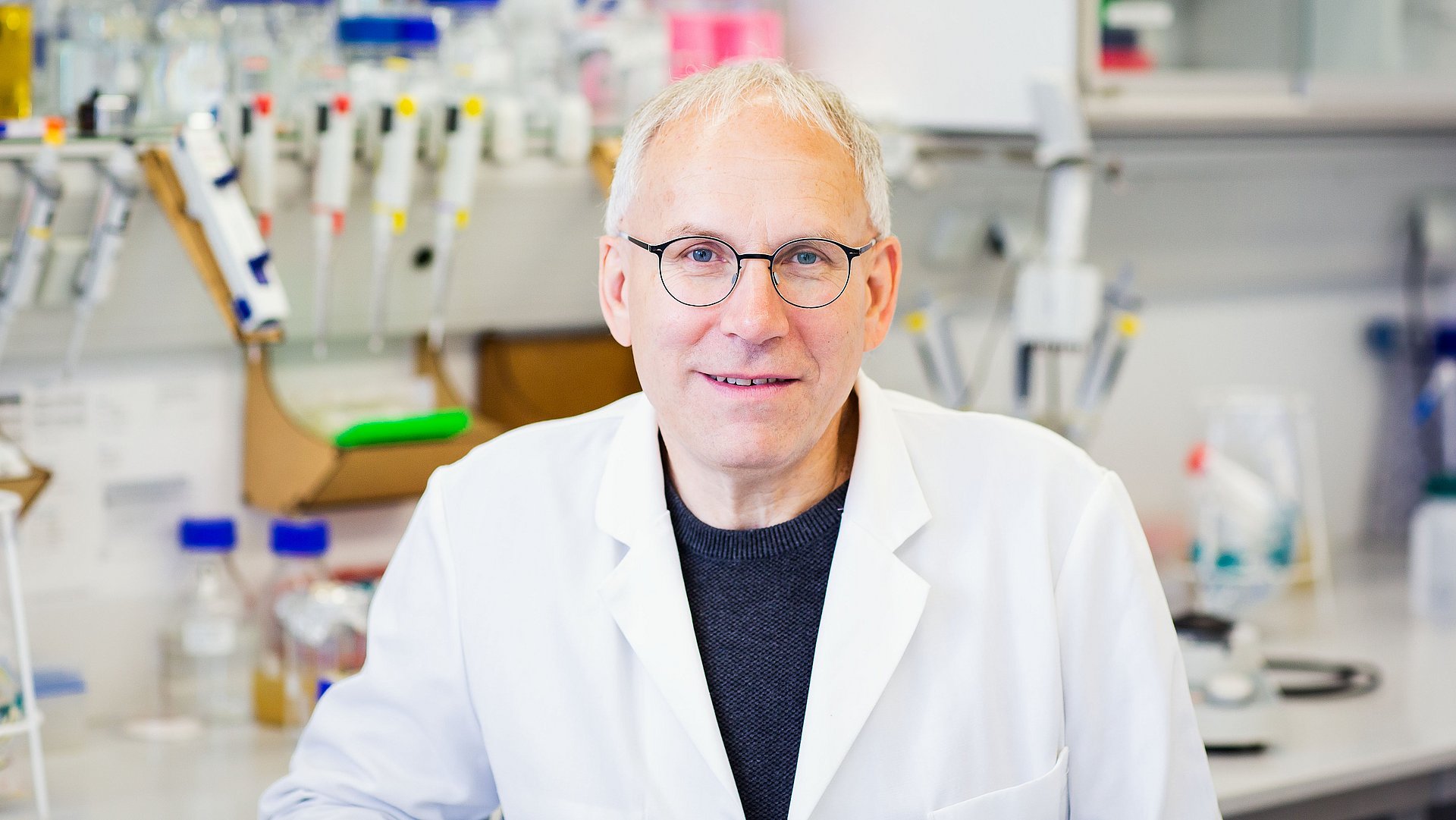Enzymes are vital to metabolism and drive countless biological processes in humans, plants, and industry. Yet, when overwhelmed by excess substrate, some enzymes slow down - a phenomenon known as substrate inhibition. This can hinder drug effectiveness and industrial efficiency. Researchers at the Technical University of Munich (TUM) have explored this mechanism and found that beta-carotene may help counteract it.
 Magdalena Jooss / TUM
Magdalena Jooss / TUM Enzymes help wash our clothes, support digestion, and make bread rise. Typically, the more work they are given, the more active they become. But about 20 percent of known enzymes behave differently: when flooded with too many molecules at once, they slow down or even stop functioning entirely.
So far, substrate inhibition hasn't been well understood. Scientists believe it serves as a regulatory mechanism inside cells - but it can also backfire. "Lab experiments with certain drugs suggest that substrate inhibition may affect how medications work," says Wilfried Schwab , Professor of Biotechnology of Natural Products at TUM. "When drug concentrations are too high, the reaction can slow down." The same principle can affect efficiency in areas like food production and industrial cleaning.
A plant enzyme for self-defense
Wilfried Schwab and his team have now demonstrated for the first time that the order in which molecules bind to an enzyme can determine whether substrate inhibition occurs. The team studied an enzyme from the tobacco plant that helps convert phenols - compounds with protective properties - into a form that can defend the plant against predators or pathogens.
The enzyme binds to both sugar molecules and phenols. The researchers observed that when the sugar binds first, followed by the phenol, the enzyme functions normally. But when the phenol binds first too often, the enzyme's activity is inhibited. The more phenols are present, the more often this inhibitory sequence occurs, eventually stalling the plant's defense response.
A competitive molecule eases the load
The team also made a second discovery: beta-carotene can mitigate this inhibition and restore enzyme activity. It competes with phenols for the same binding sites on the enzyme, preventing too many phenols from attaching first and triggering the shutdown. "This idea was based on earlier findings that suggested that beta-carotene may affect substrate inhibition. However, we were surprised to see that beta-carotene could actually reduce substrate inhibition," says Schwab.
But does this mean that beta-carotene can solve the problem across the board? "Beta-carotene is not a magic bullet," Schwab cautions. "As with many systems, balance is key to proper enzyme function. But our discovery opens up new directions for research - and may ultimately help improve processes across a wide range of applications."
Liao, J., Shahul Hameed, U.F., Hoffmann, T.D. et al. „β-Carotene alleviates substrate inhibition caused by asymmetric cooperativity." Nat Commun (2025). https://doi.org/10.1038/s41467-025-58259-7
The professorship of Biotechnology of Natural Products is part of the TUM School of Life Sciences .






